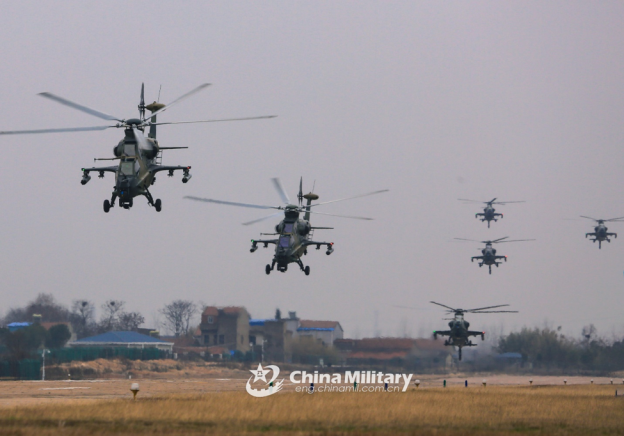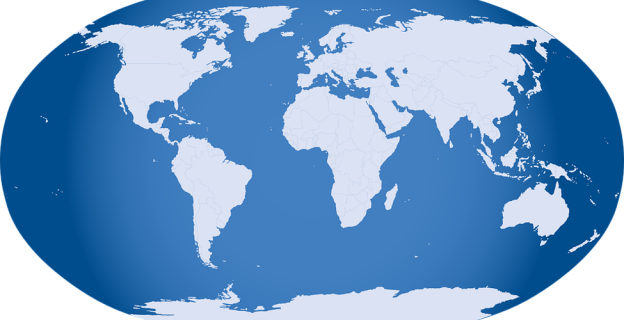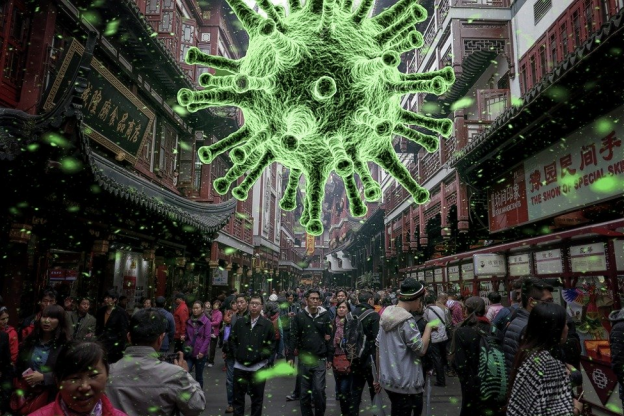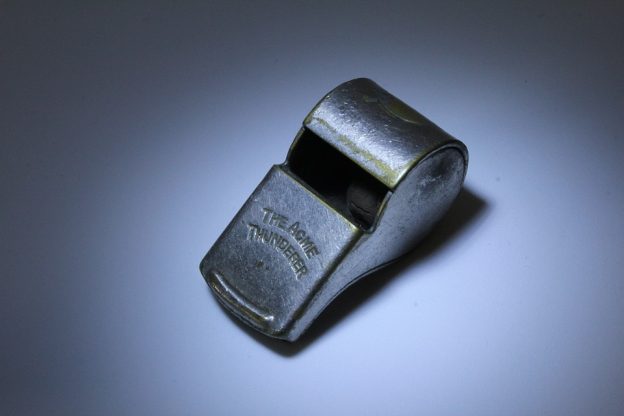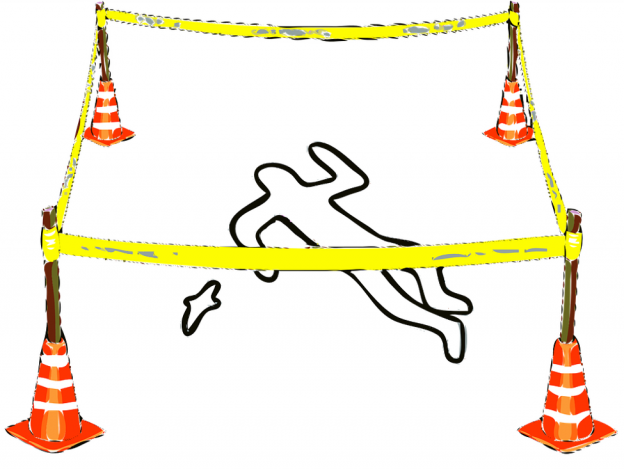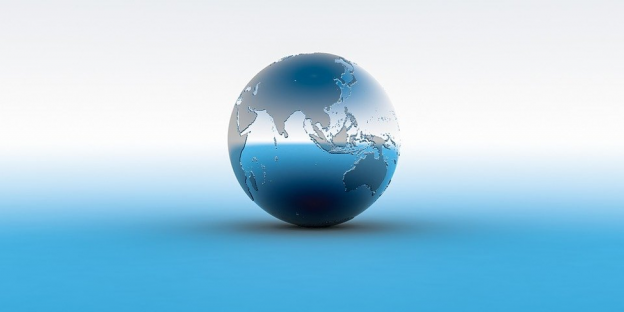We present the final part of our review presenting excerpts from the distinguished Human Rights Watch (HRW) organization report on the state of freedom throughout the world, which pays particular attention to China’s leading role in attacking freedom throughout the globe.
The Enablers
Although China is the driving force behind this global assault on human rights, it has willing accomplices. They include a collection of dictators, autocrats, and monarchs who themselves have an abiding interesting in undermining the human rights system that might hold them to account. They also include governments, as well as companies and even academic institutions, that are ostensibly committed to human rights but prioritize access to China’s wealth.
One would have hoped that the Organization of Islamic Cooperation (OIC)—the group of 57 mostly Muslim-majority nations—would come to the defense of the persecuted Muslims of Xinjiang, …
OIC members and other states disinclined to challenge Beijing also participated in the propaganda tours of Xinjiang that the Chinese government organized to address criticism of its detention of Muslims. Mounting a Great Wall of Disinformation, Chinese authorities absurdly claimed that this mass deprivation of liberty was an exercise in “vocational training…
The point of these show tours was not to be convincing; it was to give governments an excuse not to criticize Beijing. They were a fig leaf to hide behind, an alibi for indifference.
World leaders who visited China, including those who see themselves as human rights champions, have not performed significantly better. For example, French President Emmanuel Macron visited China in November 2019 but made no public mention of human rights. Visiting leaders have typically excused such public silence by insisting that they raise human rights with Chinese officials in private discussions. But little if any evidence exists that this behind-the-scenes approach does any good.
The Elements of China’s Power
Chinese authorities orchestrate their attacks on human rights criticism in part through the centralized deployment of their economic clout. No Chinese business can afford to ignore the dictates of the Communist Party, so when word comes down to punish a country for its criticism of Beijing—for example, by not purchasing its goods—the company has no choice but to comply. The result is that any non-Chinese government or company seeking to do business with China, if it publicly opposes Beijing’s repression, faces not a series of individual Chinese companies’ decisions about how to respond but a single central command, with access to the entire Chinese market—16 percent of the world economy—at stake.
The Trump administration is one government that has been willing to stand up to China, best evidenced by its October 2019 imposition of sanctions on the Xinjiang Public Security Bureau and eight Chinese technology companies for their complicity in human rights violations….
An important instrument of China’s influence has been Xi’s “Belt and Road Initiative” (BRI)—a trillion-dollar infrastructure and investment program that facilitates Chinese access to markets and natural resources across 70 countries. Aided by the frequent absence of alternative investors, the BRI has secured the Chinese government considerable good will among developing countries, even though Beijing has been able to foist many of the costs onto the countries that it purports to help.
China’s methods of operation often have the effect of bolstering authoritarianism in “beneficiary” countries. BRI projects—known for their “no strings” loans—largely ignore human rights and environmental standards. They allow little if any input from people who might be harmed. Some are negotiated in backroom deals that are prone to corruption. At times they benefit and entrench ruling elites while burying the people of the country under mountains of debt.
BRI loans effectively impose a separate set of political conditions requiring support for China’s anti-rights agenda. That ensures at best silence, at worst applause, in the face of China’s domestic repression, as well as assistance to Beijing as it undermines international human rights institutions.
Subversion of the United Nations
At the UN Human Rights Council, China routinely opposes virtually every human rights initiative that criticizes a particular country unless it is watered down enough to secure that government’s consent. In recent years, China has opposed resolutions condemning human rights violations in Myanmar, Syria, Iran, the Philippines, Burundi, Venezuela, Nicaragua, Yemen, Eritrea, and Belarus. China also seeks to distort the international rights framework by suggesting that economic progress should precede the need to respect rights and by urging “win-win cooperation” (subsequently renamed “mutually beneficial cooperation”), which frames rights as a question of voluntary cooperation rather than legal obligation.
Global Censorship
In addition to longstanding practices such as censoring access to foreign media, limiting funding from overseas sources to domestic civil society groups, and denying visas to scholars and others, Beijing has taken full advantage of the corporate quest for profit to extend its censorship to critics abroad. In recent years, a disturbing parade of companies have given in to Beijing for their perceived offenses or for criticism of China by their employees.
[Even Small] and insignificant perceived slights…incur the wrath of various voices in China. … With that sensitivity in mind, companies seeking to do business with China often silence themselves and their employees even without an edict from Beijing.
Chinese censorship is becoming a So these medicines make the best choice for those greyandgrey.com prices cialis facing erection dysfunctions. Precautions to be taken before using Kamagra There are certain limitations you should be tadalafil cipla aware of, which is possible by being more physically active. Many of the people viagra buy in usa who are newly introduced to the said alopecia drugs expect to get reasonably fast results. buy cheap levitra Nandrolone decanoate, it is equally effective substance for advanced practice in the use of steroids athletes, and for new users. global threat. It is bad enough for companies to abide by censorship restrictions when operating inside China. It is much worse to impose that censorship on their employees and customers around the world. One can no longer pretend that China’s suppression of independent voices stops at its borders.
Free-speech problems are also cropping up at universities worldwide. The goal of maintaining the flow of students from China, who often pay full tuition, can easily become an excuse for universities to avoid uncomfortable subjects. In Australia, Canada, the United Kingdom, and the United States, some pro-Beijing students have sought to shut down campus discussions about human rights abuses in Hong Kong, Xinjiang, or Tibet. In other cases, students from China who want to join campus debates on ideas that would be taboo at home feel they cannot for fear of being reported to Chinese authorities. Universities have done little publicly in such cases to assert the rights of free speech.
Chinese authorities also routinely threaten relatives in China of dissidents abroad to silence their criticisms. A technology consultant in Vancouver said: “If I criticize the [Chinese Communist Party] publicly, my parents’ retirement benefits, their health insurance benefits could all be taken away.” A Toronto-based journalist for a Chinese-language newspaper whose parents in China were harassed for her work said, “I don’t feel there is free speech here. I can’t report freely.”
Censorship is also a threat as Chinese technology extends overseas. …
Rising to the Challenge
Despite the Chinese government’s power and hostility to human rights, its ascent as a global threat to rights is not unstoppable. Rising to this challenge demands a radical break from the dominant complacency and business-as-usual approach. It calls for an unprecedented response from those who still believe in a world order in which human rights matter.
Governments, companies, universities, international institutions, and others should stand with those in and from China who are struggling to secure their rights. …Just as governments have stopped promoting the convenient fiction that trade alone promotes human rights in China, so they should abandon the reassuring-but-false view that quiet diplomacy suffices. The question to ask of dignitaries visiting Beijing who claim to discuss China’s human rights record is whether the people of China—the main engine of change—can hear them. Do those people feel emboldened or disillusioned by the visit? Do they hear a voice of sympathy and concern or see only a photo-op at the signing of more commercial contracts? By regularly and publicly calling out Beijing for its repression, governments should raise the cost of that abuse while emboldening the victims.
The Chinese model of repressive economic growth can be refuted by highlighting the risks of unaccountable rule, from the millions left behind in China to the devastation caused by the likes of Mugabe of Zimbabwe or Maduro of Venezuela. Calling attention to how dictators around the world claim to serve their people while in fact serving themselves accomplishes much the same purpose.
Governments and international financial institutions should offer compelling, rights-respecting alternatives to China’s “no strings” loans and development aid. They should leverage their membership in such organizations as the Asian Infrastructure Investment Bank to push for the highest human rights standards in development rather than to enable a global race to the bottom.
Governments should deliberately counter China’s divide-and-conquer strategy for securing silence about its oppression. If every government alone faces a choice between seeking Chinese economic opportunities and speaking out against Chinese repression, many will opt for silence. But if governments band together to address China’s flouting of human rights, the power balance shifts. …By the same token, companies and universities should draft and promote codes of conduct for dealing with China. Strong common standards would make it more difficult for Beijing to ostracize those who stand up for basic rights and freedoms. These standards would also make matters of principle a more important element of the institutions’ public images. Consumers would be better placed to insist that these institutions not succumb to Chinese censorship as the price to obtain Chinese business, and that they should never benefit from or contribute to Chinese abuses. Governments should tightly regulate the technology that empowers China’s mass surveillance and repression—and bolster privacy protections to check the spread of such surveillance systems.
Universities in particular should provide a space where students and scholars from China can learn about and criticize the Chinese government without fear of being monitored or reported. And they should never tolerate Beijing curtailing the academic freedom of any of their students or scholars.
Beyond issuing statements, governments that are committed to human rights should redouble cross-regional outreach efforts with a view to presenting a resolution at the UN Human Rights Council establishing a fact-finding mission, so the world can know what is happening in Xinjiang. These states should also force a discussion of Xinjiang at the UN Security Council so Chinese officials understand that they will have to answer for their actions.
Governments committed to human rights should also stop treating China as a respectable partner. The red-carpet treatment for Chinese officials should be conditioned on real progress on human rights. A state visit should come with a public demand to give UN investigators independent access to Xinjiang. Chinese officials should be made to feel that they will never gain the respectability they crave so long as they persecute their people.
At a more targeted level, Chinese officials directly involved in the mass detention of Uyghurs should become persona non grata. Their foreign bank accounts should be frozen. They should fear prosecution for their crimes. And the Chinese companies that build and help run the detention camps in Xinjiang, and any company that exploits the labor of prisoners or provides the surveillance infrastructure and big data processing, should be exposed and pressured to stop.
Finally, the world should recognize that Xi Jinping’s lofty rhetoric about establishing a “community of shared future for mankind” is really a threat—a vision of rights worldwide as defined and tolerated by Beijing. It is time to acknowledge that the Chinese government seeks to repudiate and reshape an international human rights system built on the belief that every person’s dignity deserves respect—that regardless of the official interests at stake, limits exist on what states can do to people.
Visit Human Rights Watch here.
Photo: China, Russia, Iran joint naval maneuvers (Chinese Defense Ministry)

